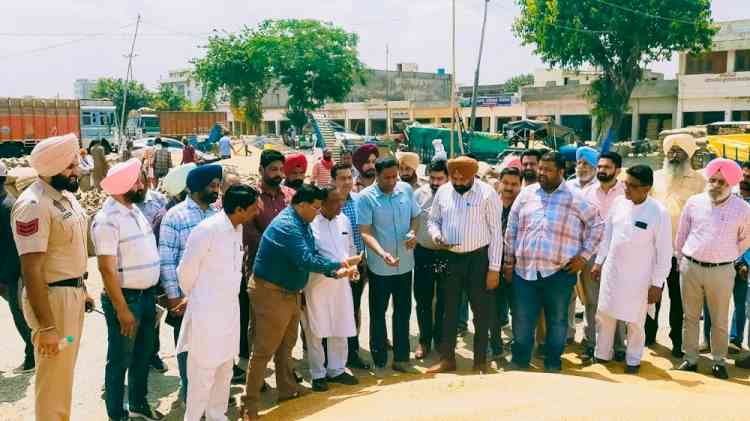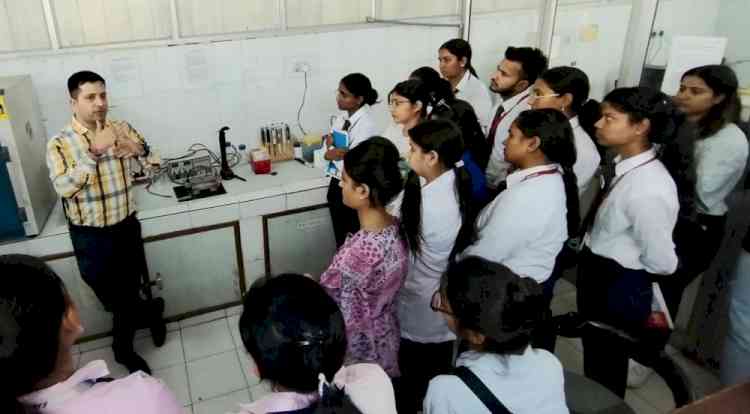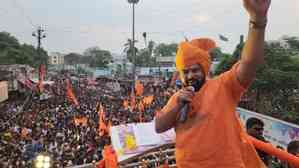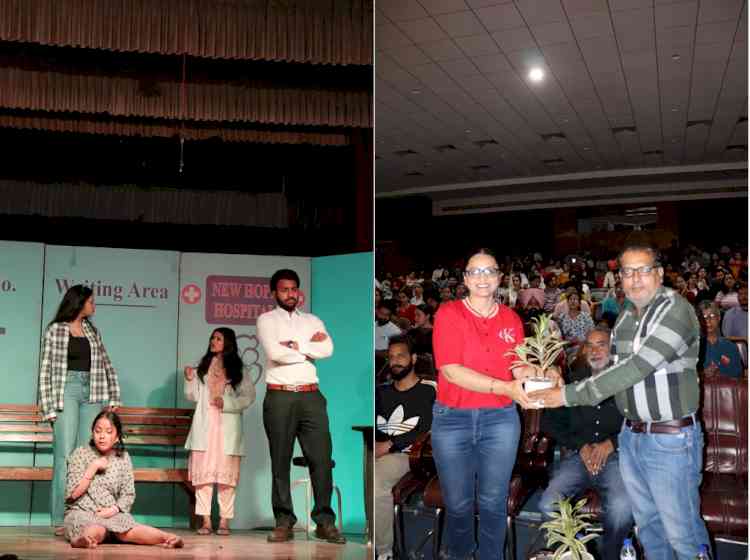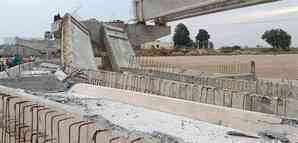Political parties in South Africa hold cards close to chest (Roundup)
Pretoria, May 8 (IANS) Analysts and political party leaders in South Africa were still keeping their cards close to their chests about how they thought their parties would fare once the last vote gets counted, a media report said at lunchtime...

Pretoria, May 8 (IANS) Analysts and political party leaders in South Africa were still keeping their cards close to their chests about how they thought their parties would fare once the last vote gets counted, a media report said at lunchtime Thursday as the IEC- the country's election body - announced that half of all votes had been counted.
But leaders from the top three parties on the leader board - the African National Congress (ANC), Democratic Alliance (DA) and Economic Freedom Fighters (EFF) - tried to hide their satisfaction over the poll results so far, SA News reported Thursday.
After 3pm, 63.06 percent of all the national votes had been counted.
The ANC had the lion's share and led the pack with 63.62 percent or 5.97 million votes, followed by the DA at 21.74 percent (2.04 million votes), with the EFF coming in at third place with 4.93 percent (463,178 votes), the report stated.
Gwede Mantashe, the ANC's Secretary General, said he was "comfortable" with where the party was after lunchtime.
He said, however, that despite half the votes having been counted, it was still too soon to predict how many seats they would have at the end, or whether they will win the elections with a two-thirds majority.
Despite the surprising debut of the EFF in SA politics, and who were contending at third place in the national and provincial results, Mantashe said he was not surprised by the trend.
He also said the party was panicking in the morning when numbers from the Western Cape province in southwest South Africa came in at below 20 percent - the DA's stronghold - but was satisfied with how the results have picked up so far.
DA Parliamentary caucus leader Lindiwe Mazibuko said the party would await more results from bigger metro cities before pronouncing whether the party was happy with the outcome so far.
While the DA's stronghold has been the Western Cape, they have been hoping to wrest Gauteng from the ANC in these elections.
"Until the (votes from metros come in), we do not have a clear indication of where the votes lie in (Gauteng), but we are very happy with the results that are coming in from other provinces like the Free State, where it looks like we are about to become the official opposition, and KwaZulu-Natal, which looks like a possibility, and the Northern Cape, where we have doubled our support," she said.
EFF national spokesperson Mbuyiseni Ndlozi said despite over half the votes being counted, it was too soon to celebrate.
"We think that there is still time to speak about comfort later. At the moment, we are calm and still trying to see what the numbers are telling us," Ndlozi said.
Political analyst Ebrahim Fakir said trends were pointing to a possibility of the ANC winning 64 percent of the votes if the voter turnout is high.
He said the EFF's showing so far was not indicative of how the EFF would do until counting had been done in metro areas.
He said, however, it did look like the new party would get a few seats in Parliament.
South Africa's biggest opposition party, Democratic Alliance (DA), was expected to win 88 seats in the National Assembly, 21 seats more than what it got in the 2009 elections, according to the latest election predictions published Thursday.
Meanwhile, the ruling African National Congress (ANC) could secure 262 seats in parliament, two seats less than its count in the 2009 general election, Xinhua reported citing South African Broadcasting Corporation (SABC) predictions.
The predictions were based on early election results.
The newly formed Economic Freedom Fighters (EFF) would have 21 seats in the National Assembly, according to the SABC's predictions.
The Inkatha Freedom Party and National Freedom Party would have nine and six seats, while the remaining 14 seats would be shared among other smaller parties, the SABC predicted.
South Africans voted Wednesday to elect the new National Assembly and provincial legislatures.
The National Assembly consists of 400 members elected by proportional representation with a closed list approach. A total of 200 members will be elected from national party lists, while the other 200 will be elected from provincial party lists in each of the nine provinces.
The president of South Africa will be chosen by the National Assembly after the elections. The premiers of each province will be chosen by the winning majority in each provincial legislature.
The final election results are expected at the end of the week.

 cityairnews
cityairnews 






